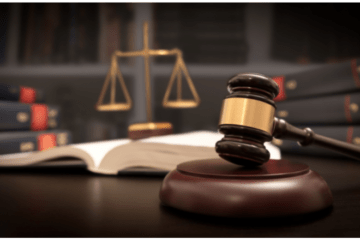POWERS OF THE HIGH COURT UNDER ARTICLE 227 OF THE INDIAN CONSTITUTION
This article is written by Khushi Jain of 1st Semester of BALLB of Vivekananda Institute of Professional Studies, Delhi, an intern under Legal Vidhiya. ABSTRACT Article 227 of the Indian Constitution grants the High Courts the power of superintendence over all courts and tribunals within their jurisdiction, except military tribunals. Read more


